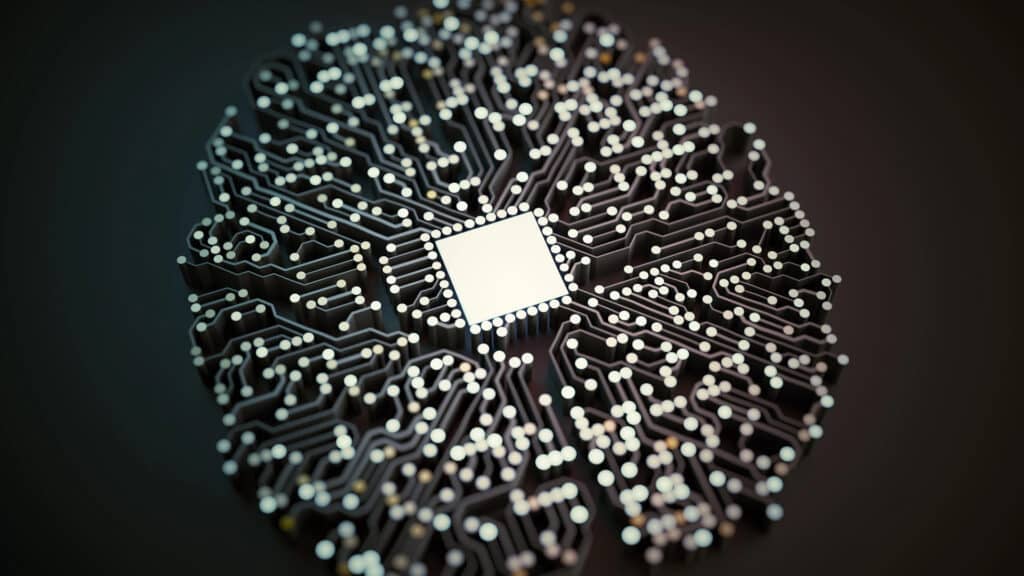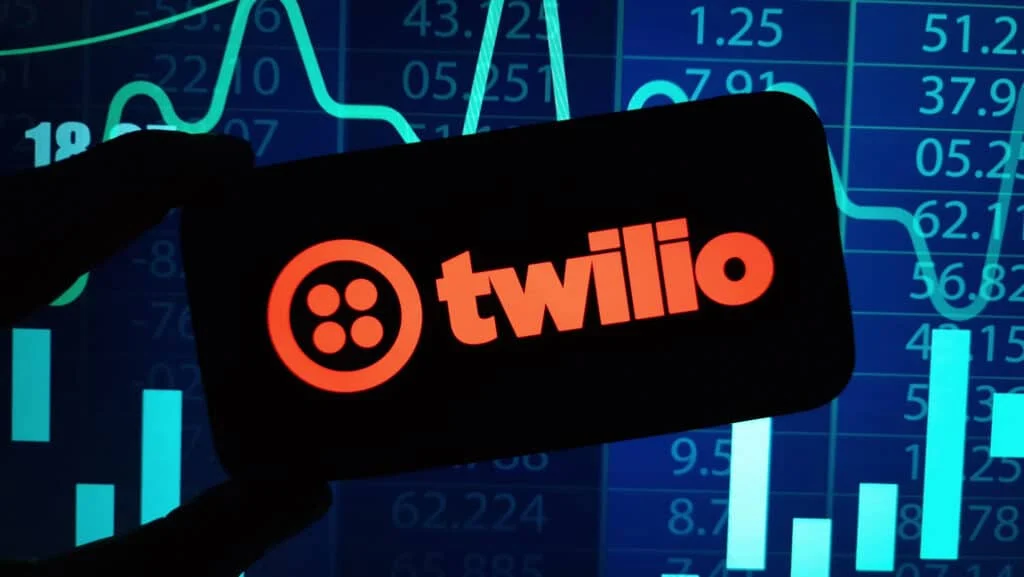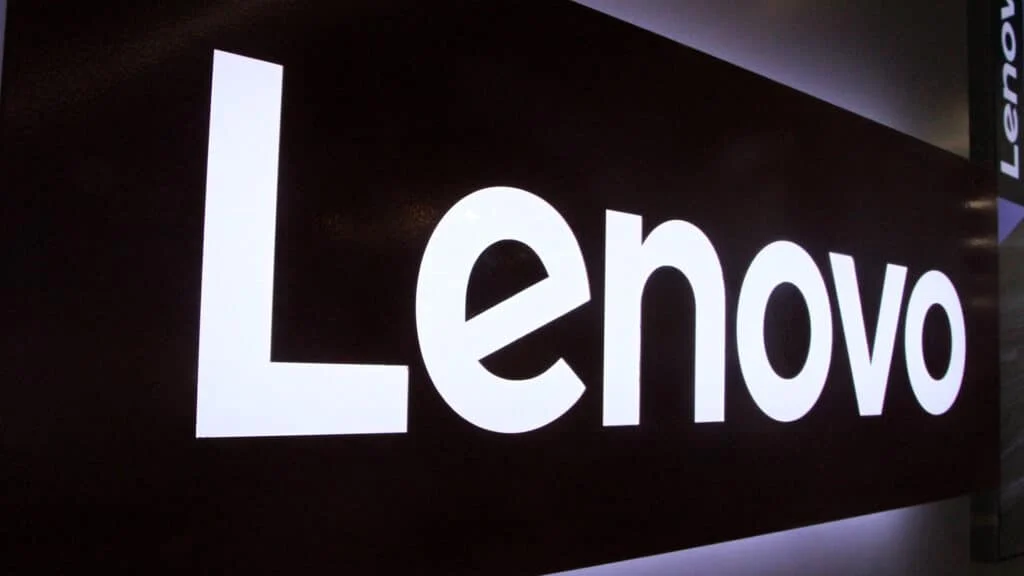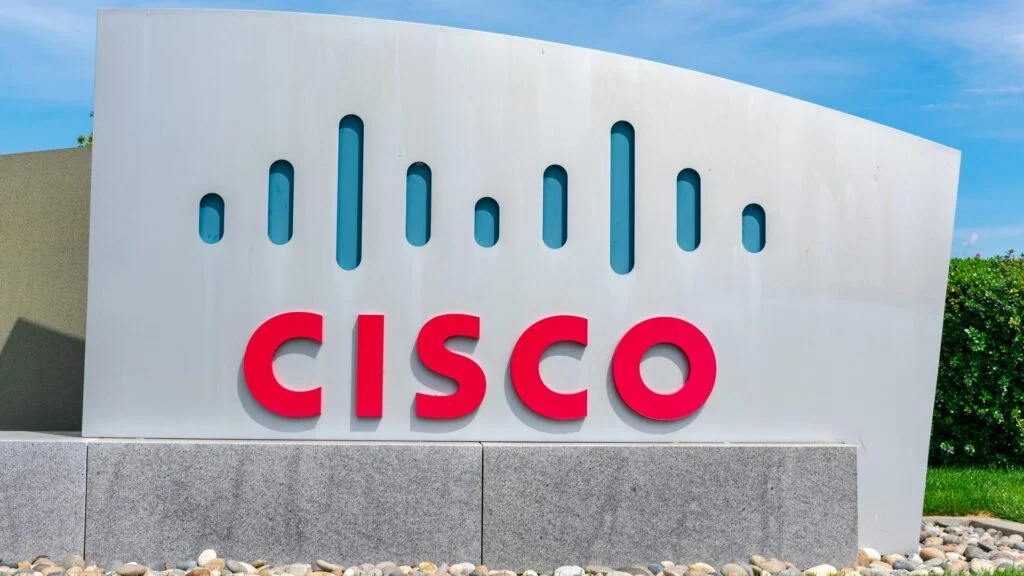How are leading enterprises scaling truly advanced AI, from generative to agentic models, with unyielding security and performance?
Discover the definitive strategies from HPE Discover Las Vegas 2025! Join hosts David Nicholson and Keith Townsend for a compelling conversation with Trish Damkroger, SVP and Chief Product Officer of HPC & AI at Hewlett Packard Enterprise (HPE). Get deep insights into HPE’s unique approach to creating scalable, secure infrastructure precisely engineered to support the burgeoning demand for AI capabilities among model builders, service providers, and sovereigns.
Key takeaways include:
🔹Evolving AI Demand & Challenges: A comprehensive look at current customer demands for AI training, including the rapid growth toward agentic AI, and the critical need for larger, more reliable, and scalable language models to overcome associated challenges.
🔹Tailored Infrastructure for AI Builders: Insights into the diverse requirements of organizations building AI models, detailing how HPE’s infrastructure solutions are precisely crafted to meet these needs, emphasizing reliability, scalability, and robust governance.
🔹HPE’s New AI Factory Solutions: An in-depth unveiling of HPE’s newly announced AI factory solutions at Discover, designed to support escalating demand with end-to-end systems equipped with the latest compute, storage, networking, and management software.
🔹Simplifying Complex AI Deployments: Explore HPE’s unique leadership and decades of expertise in the industry, revealing how this profound experience informs the development of AI factory solutions, simplifying the management of increasingly complex AI infrastructure.
Learn more at HPE.
Watch the full video at Six Five Media, and be sure to subscribe to our YouTube channel, so you never miss an episode.
Or listen to the audio here:
Disclaimer: Six Five In The Booth is for information and entertainment purposes only. Over the course of this webcast, we may talk about companies that are publicly traded, and we may even reference that fact and their equity share price, but please do not take anything that we say as a recommendation about what you should do with your investment dollars. We are not investment advisors, and we ask that you do not treat us as such.
Transcript:
Keith Townsend: HPE Discover Las Vegas 2025. The conversations around AI and ecosystems continue with my co-host, Dave Nicholson. Dave, we’re going to talk HPC in AI today with Trish Damkoger, SVP and Chief Product Officer of HPC and AI at HPE. Trish, welcome to the program.
Trish Damkroger: Thanks. Glad to be here.
David Nicholson: So we’ve been talking a lot about AI this week and AI seems to be moving very, very quickly into the future. Just when we were getting used to it. And we’re not, I don’t even think completely used to Gen AI. Now it’s all about agentic AI.
Trish Damkroger: Correct.
David Nicholson: What’s your perspective in this space? Where are we and where are we headed?
Trish Damkroger: So I agree with you. I mean Gen AI has probably been around the last two years and what I’ve seen is a lot of our customers are just starting to go on that journey of gen AI. A lot of model builders, obviously with our ChatGPT or OpenAI, Gemini, Grok, whatever your flavor of model you’re using. So we’re definitely starting to see it. I talked about this a little bit in my keynote this morning where we are, I mean, even I am starting to use AI, but they’re saying we’re using it probably five hours a week for those time consuming tasks. Right. And I told a story about my friend who has adopted Andre as her personal assistant. You know, her husband’s Andrew, but Andrew now doesn’t know what the best restaurants are or the best hiking. So she has Andre as her personal assistant. So I think we all need our Andre. So that’s the Gen AI story. And what’s exciting is now a genic where it’s going to learn on its own, it’s going to be autonomous. And you see, I was in LA with my daughter this weekend and the Waymo’s are going by, so the autonomous vehicles are in San Francisco. So you’ve got the autonomous vehicles, you’ve got a lot of these different agents that are just even going to advance it more. And then we’re going to go to physical AI and the robots and I think that is going to be so exciting when we start seeing where we can put robots where it’s not safe for humans to be, which I think is going to be a game changer for us all.
Keith Townsend: So we’ve seen plenty of excitement around Gen AI and the big model builders, you know, the foundational model chat GTPs of the world. But what kind of organizations are building models, AI models and what are their needs?
Trish Damkroger: So definitely those big model builders and like you say they’re buying the infrastructure and they’re building the models. We also support a number of service providers and these are NEO clouds or your tier one, Tier two service providers. They are providing the infrastructure for people to build out models on or doing that full AI life cycle from model development, you know, rag inferencing all the way through to the edge. And we’re working with a number of customers on that. And then we have our sovereign entities. And I was in Germany two weeks ago at our international supercomputing conference and that was the theme. Sovereign AI. All of the countries want for not only economic competitiveness but national security to have those sovereign AI. And that’s about security and keeping your IP within your country boundaries.
David Nicholson: So HPE is in a unique position in that you are what we would call a full stack provider. So when you’re talking about things here or here, you can speak credibly because you do all of those things in between. Today at that sort of foundational level is this concept of the AI factory correct. So walk us through some of the announcements around the idea of the HPE AI factory.
Trish Damkroger: Yeah, it’s super exciting because we’ve really expanded our portfolio along with the AI factory and I have to keep it really simple. So when I talk about factories, the AI factory, I think of just the Industrial Revolution, the factory. You brought in raw material, you came out with a finished product. That’s what we’re talking about with AI factories. You’re bringing in that raw data and you’re bringing out that insight or that answering of the question, whatever that is. So when we looked at last year, HPE announced PC AI and that full appliance for that Nvidia stack, that is three buttons, you’re up and running very, very quickly. Where I really focus is more on that scale of AI. When we’re talking about those model builders and the service providers and the sovereign entities. And in that scale space, people want more customization. So they’re going to pick and choose what they want. But we still are going to have that Morpheus control plane. So you have that one view across your whole stack and we’re going to have that Ops ramp. So you have your observability and your manageability and that security framework all in. But it’s going to be more of you choosing what elements you want all the way up to the AI workflows.
Keith Townsend: So you’re a long term industry veteran. You saw the microprocessor push the innovation on the system builders and now we’ve seen this conversion where the GPU manufacturers are now dictating the kind of shape and size of boxes. And when we look across the industry, we see the packaging around the GPU pretty much be consistent. But what’s the secret sauce for HPE? What’s setting HPE apart? I have my opinions. I love to hear yours.
Trish Damkroger: Okay, well, I’d love to share my opinions. So when we, I mean, this is where I get super excited because I come from the high performance computing space.
David Nicholson: I have a follow up question on that. Okay, I have a bonus question on that. Please continue.
Trish Damkroger: Yes. So with the acquisition of Cray, HPE bought 50 years of success system experience from the ground up. If you go to the Cray Museum and see our very, very first system that was developed, it’s liquid cooled. I mean, we’ve been doing this for 50 years and not only do we have that system expertise and some of, in fact, my VP of engineering was part of designing that system. We won’t talk about how old he is, you know, but he still loves doing it. Right. So we have so much expertise and IP and patents in our liquid cooling, the 100% fanless direct liquid cooling, which is so important in this buildup of AI because of the power requirements and where we’re going with the energy needs. And so we have that, plus we have all the services that we’ve been doing. In fact, I was just talking to a customer and they’re like, we have to work with HPE because you’re the only ones that really know how to bring up a system. If you look at the show floor, we had a model of El Capitan. Yeah, the number one supercomputer in the world. We’re number one, two and three on that top 500 list. We know how to do this. We’ve been doing it for 50 years. And that’s where HPE really differentiates itself.
David Nicholson: So you have direct background in this space.
Trish Damkroger: I do.
David Nicholson: And so I’m sure you have a lot of friends and colleagues who are in the HPC space. The dirty little secret here is that with this explosion of AI, whether it’s LLMs, agentic AI, some of the HPC traditionalists are feeling a little bit left out in the sense that they’re concerned that the focus is so much on AI that the sort of finer grained resolution that they need for some of those things might be ignored. Do you have a thought on that?
Trish Damkroger: I do, I do. I mean, and this is a conversation I have with the silicon vendors too, because HPC we live in floating point 64. You know, we’re FP64 people. And a lot of the AI, the large language models, I mean they’re even talking, getting down to int 4. So very different. That whole mixed precision and that is one of the new metrics that they do measure as far as the top 500. They also have a mixed precision. And so how people perform across all those different precisions and in fact El Capitan is number one in that too. So I think that’s important. But I think when I talk with our traditional HPC customers, we have always said there’s multiple workloads of high performance computing, modeling and simulation, AI and data analytics. It is just one of the workloads that is being performed in high performance computing infrastructure.
David Nicholson: I just want to make sure we gave them a little love.
Trish Damkroger: Yes.
David Nicholson: Because I know you do every day.
Trish Damkroger: Exactly. Yeah. But they’re all used. I mean they’re moving to AI too because they need to accelerate. And I mean I have so many amazing examples of where they brought AI in to accelerate their scientific decision discoveries.
Keith Townsend: So I’m an operator by trade. The. I can’t stop but helping to wonder what operational capabilities have we learned from AI that we’re now bringing to the HPC world? I remember supporting HPC systems. They were exceptionally rigid. Not. The AI systems are not, you know, particularly, you know, flexible. But the operating model has changed. The systems look similar on surface, but operating models are definitely different. What are some of the kinds of lessons learned from AI that the HPC folks are starting to adopt?
Trish Damkroger: Well, I do think as far as bringing up the systems and it could.
Keith Townsend: Be bringing up the system just what.
Trish Damkroger: I think that they’re. I mean AI is going to a scale where I was just with a customer a couple like probably a month ago on their site and. And there are multiple El Capitans.
David Nicholson: I mean it’s huge in terms of scale.
Trish Damkroger: In terms of scale. So no longer you can say, you know, we have the fastest supercomputer in the world and that is way cool. I mean, I’m very, very proud of that. But we are standing up huge AI systems and we bring that expertise of liquidity to that. But we have to also learn about that scale and make that all work together. The resiliency, reliability. I mean we talk a lot about that checkpointing and how long can you go because every. It’s all dollars and cents when you’re running these models. Right. And so that’s really core. And I think the other thing that HPC, like I said, a lot of the modeling and simulation workflows are adding AI, whether it’s doing data driven models versus physics based models. So you can do that quickly or, or looking at the runtime and finding errors quickly so you could stop it. And so you waste, you don’t waste time, you know, you actually save time doing that. So they’re bringing AI practices into their.
David Nicholson: Workflows and I imagine that, you know, there are folks who are coming to AI who maybe don’t have an HPC background. And I can imagine someone with a long HPC history is laughing at the struggles that the AI folks like, for example, power. And they’re like, look, been there, done that. Maybe let’s work together and sort this out. You’re in a really fun position.
Trish Damkroger: It is.
David Nicholson: You’re a really fun position.
Trish Damkroger: Place to be. Because finally we’re not that niche anymore, that HTC space. We are on the main stage, which is fun. Scary, but fun.
Keith Townsend: Trish, Whenever we get someone with such rich industry experience, experience on me and Dave can’t help but to go beyond the scope of we can’t, we can’t.
David Nicholson: And credibility. I said it before, credibility. Because when you’re on both sides of the table, you know, you have a certain level of empathy that is impossible for someone who’s only been on one side of the table. So.
Trish Damkroger: Right. Well, it’s lovely because yes, I’ve been a customer of hpc, you know, bringing the systems in, but also the silicon provider which I learned so much about, just, just, you know, those details and how hard it is to triple threat.
David Nicholson: Trish.
Trish Damkroger: There you go.
Keith Townsend: I love that.
Trish Damkroger: You like that?
David Nicholson: You like that. That’s why he keeps that.
Trish Damkroger: My new tagline.
David Nicholson: That’s why he keeps me around. That’s the only thing I do here.
Trish Damkroger: Okay, there you go.
Keith Townsend: For more taglines, make sure to stay tuned for more coverage from the show floor of HPE Discover Las Vegas 2025.







